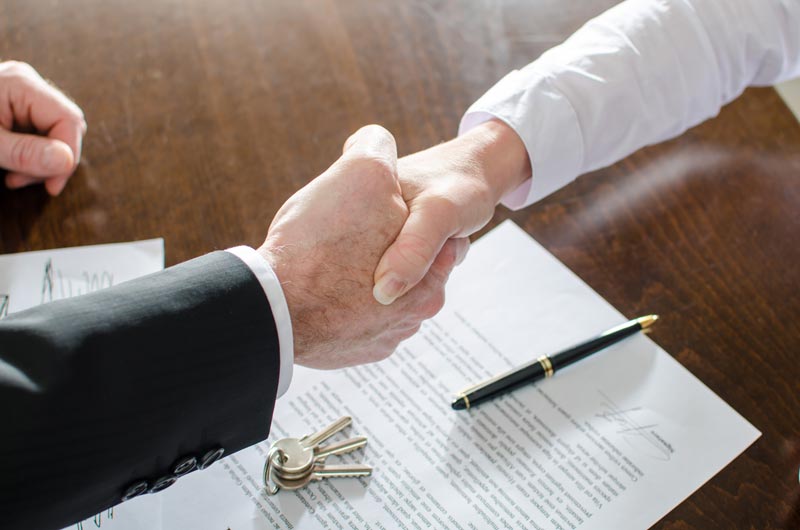
Closing is one of the most important parts of the entire home buying process. By utilizing this checklist, you should be able to properly prepare and know what to expect which will allow you to close with complete confidence.
Before Closing
1. Figure out not only who you are planning to have to handle your closing, but also know when and where it will take place. While the type of company you end up having conducting your closing can be predicated on where your home is, you will be able to choose which company you want.
2. Ask whoever is planning on conducting your closing what they should be expecting. The entire process from start to finish can vary depending on your respective area.
3. Always try to get the documents ahead of time. This way, you will be able to look it over beforehand. According to law, you have to get your Closing Disclosure a minimum of 3 business days before closing.
4. Look to get yourself protected from becoming a victim of a mortgage closing scam. You will find closing funds to be tempting targets for anyone who is a scammer. Always be wary of emails that feature last-minute changes to any payment or wire instruction as it could be a big scam.
5. Try to schedule enough time before closing to look over all of the documents thoroughly.
6. Look at your Closing Disclosure and compare it to the last Loan Estimate you received. There will be a table on the top of the 3rd page of your Closing Disclosure that you will want to look at. Under the law, only specific costs will be subject to change.
7. Utilize the document summaries we offer to educate yourself on why the closing documents you have are important.
8 Figure out arrangements for the total amount you have due at closing.
To-Do At Closing
1. You will want to have the following with you when you close.
– A cashier’s check and/or the proof you made a wire transfer for the total amount needed to close.
– A full list of the different people you need to call that you prepped for before closing.
– The Closing Disclosure to look it over a final time.
– Someone you trust whether it be a friend, financial advisor, or even an attorney.
– Anyone who is co-signing your loan.
– A checkbook to handle any last-minute financial changes.
– Your Government-issued ID.
2. You will want to get any questions you have answered before closing.
– How will I go about paying the taxes on my property and the insurance needed? Is it included in my payment that I will be making monthly or is it separate?
– Where am I supposed to send my monthly payments that are due?
– Do I have to pay Homeowner’s Association dues?
– Who am I supposed to call if I have any further questions after closing?
Once you close
1. Save the packet that you were given at closing.
2. Make changes to your address.
3. Make any necessary budget revisions.
4. Look over your homeowner’s insurance.
5. Look at and pay attention to any changes in your monthly mortgage payments.
6. Look for specific offers for loans, credit cards, contractors, or anything else.
